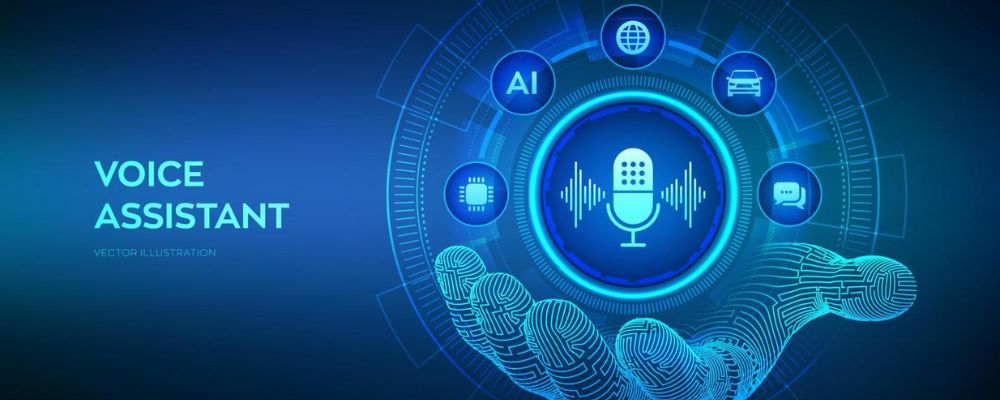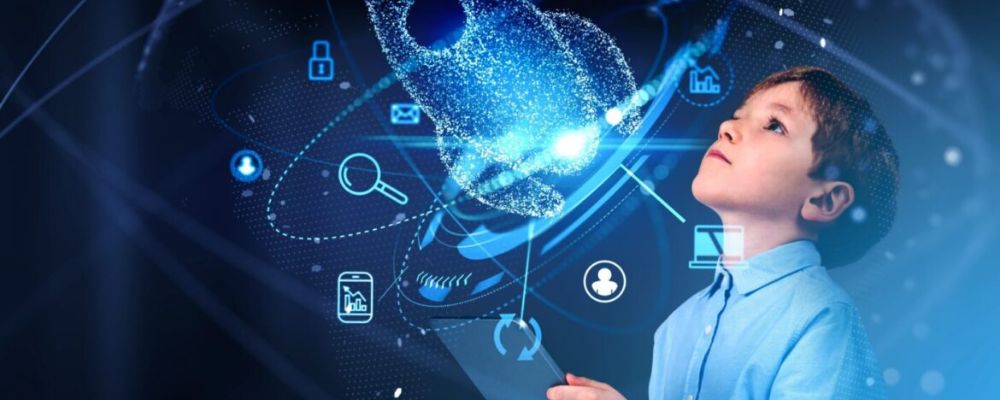
In today’s tech-driven world, AI-powered assistants are no longer just the domain of Siri and Alexa. Advances in artificial intelligence are revolutionizing personal and professional productivity with new, sophisticated tools that go far beyond basic voice commands. This blog explores the latest AI-powered assistants and their transformative impact across various sectors.
The Evolution of AI Assistants
While Siri and Alexa were pioneers in the field, the landscape of AI-powered assistants has expanded significantly. Modern AI assistants offer more than just voice-activated functions; they provide intelligent, context-aware interactions that adapt to user needs. Technologies like natural language processing (NLP) and machine learning have driven this evolution, enabling these assistants to understand and respond to complex queries.
Emerging AI Assistants: Features and Benefits
- Advanced Contextual Understanding
New AI assistants utilize advanced NLP to offer contextual understanding and personalized responses. Unlike their predecessors, these assistants can grasp nuances in user queries and provide tailored solutions. - Integration with Smart Technologies
The latest AI assistants integrate seamlessly with a wide range of smart devices, from home automation systems to enterprise software. This integration streamlines workflows, enhances productivity, and provides a cohesive user experience. - Enhanced Security and Privacy
With growing concerns over data security, modern AI assistants prioritize user privacy. Features like secure data encryption and customizable privacy settings ensure that user information is protected. - Support for Multiple Languages and Dialects
AI-powered assistants now support a diverse range of languages and regional dialects, making them accessible to a global audience. This multilingual capability is crucial for businesses operating in international markets.
Applications in Various Sectors
- Business and Productivity
In the business world, AI assistants handle tasks such as scheduling, email management, and data analysis, freeing up time for more strategic activities. Their ability to integrate with CRM systems and project management tools enhances efficiency and collaboration. - Healthcare
In healthcare, AI assistants assist in patient management, appointment scheduling, and even provide medical information based on up-to-date research. This support improves patient care and streamlines administrative processes. - Education
Educational institutions use AI assistants to provide personalized learning experiences. These tools can tutor students, answer questions, and offer additional resources tailored to individual learning needs. - Customer Service
AI-powered chatbots and virtual assistants are transforming customer service by providing instant, accurate responses to inquiries. This technology reduces wait times and enhances customer satisfaction.
The Future of AI-Powered Assistants
Looking ahead, AI-powered assistants are expected to become even more sophisticated. Future advancements may include deeper emotional intelligence, greater adaptability, and enhanced integration with emerging technologies like augmented reality (AR) and virtual reality (VR).
As AI technology continues to evolve, so too will the capabilities of these assistants, offering increasingly sophisticated solutions that cater to a wide array of needs. Businesses and individuals alike can look forward to a future where AI-powered assistants are integral to daily life, driving efficiency and innovation.






